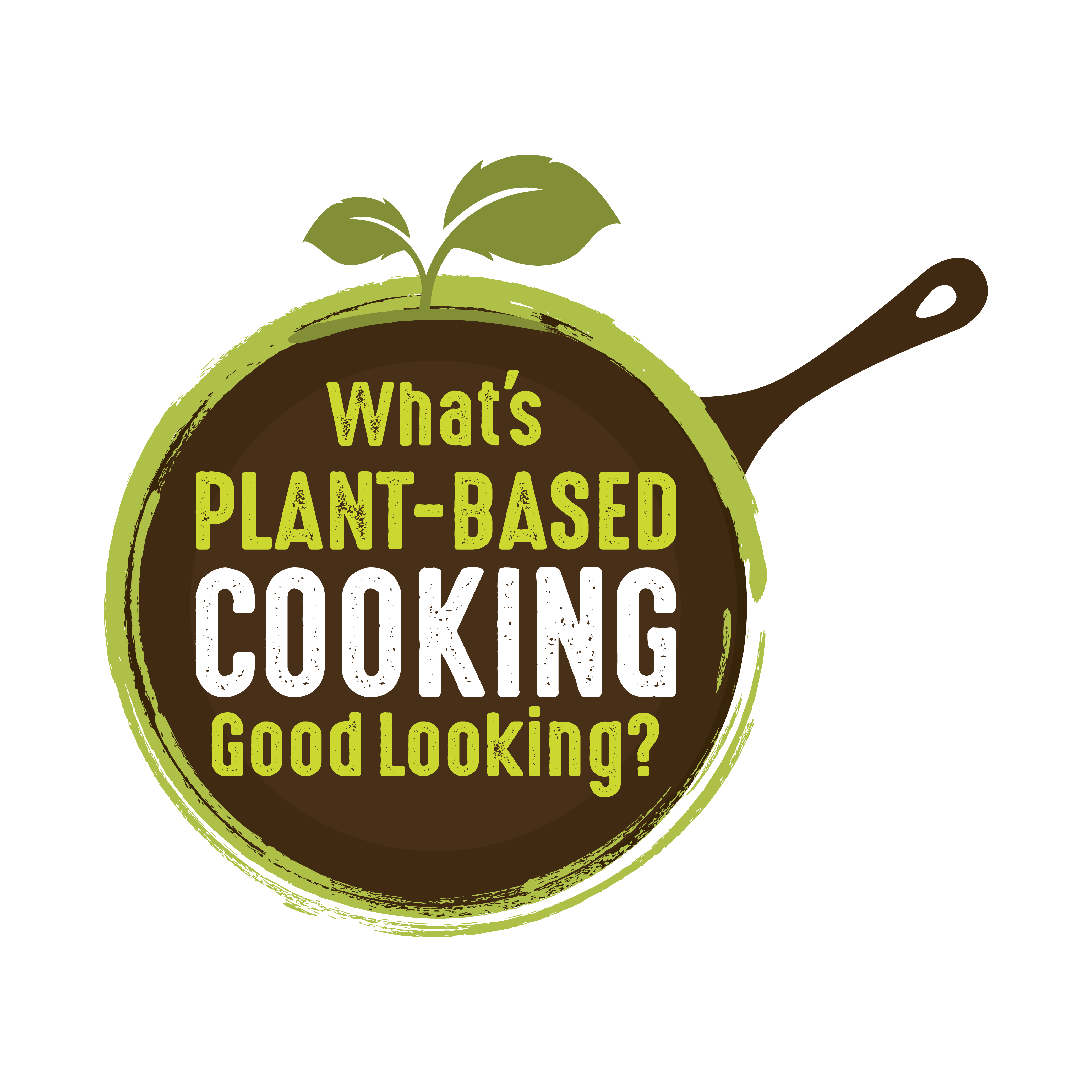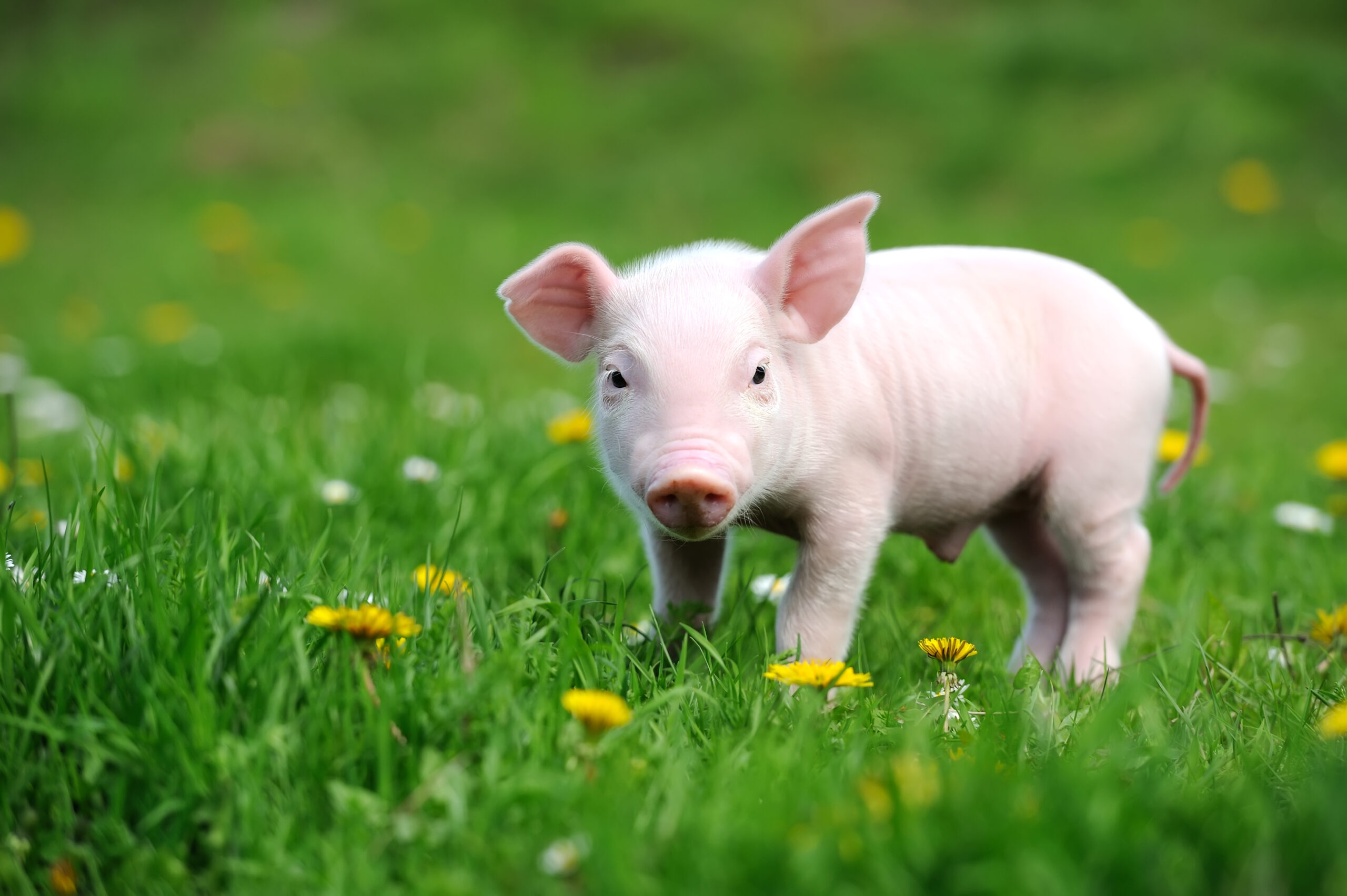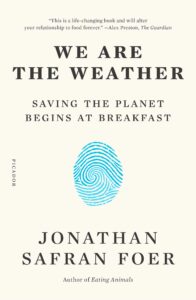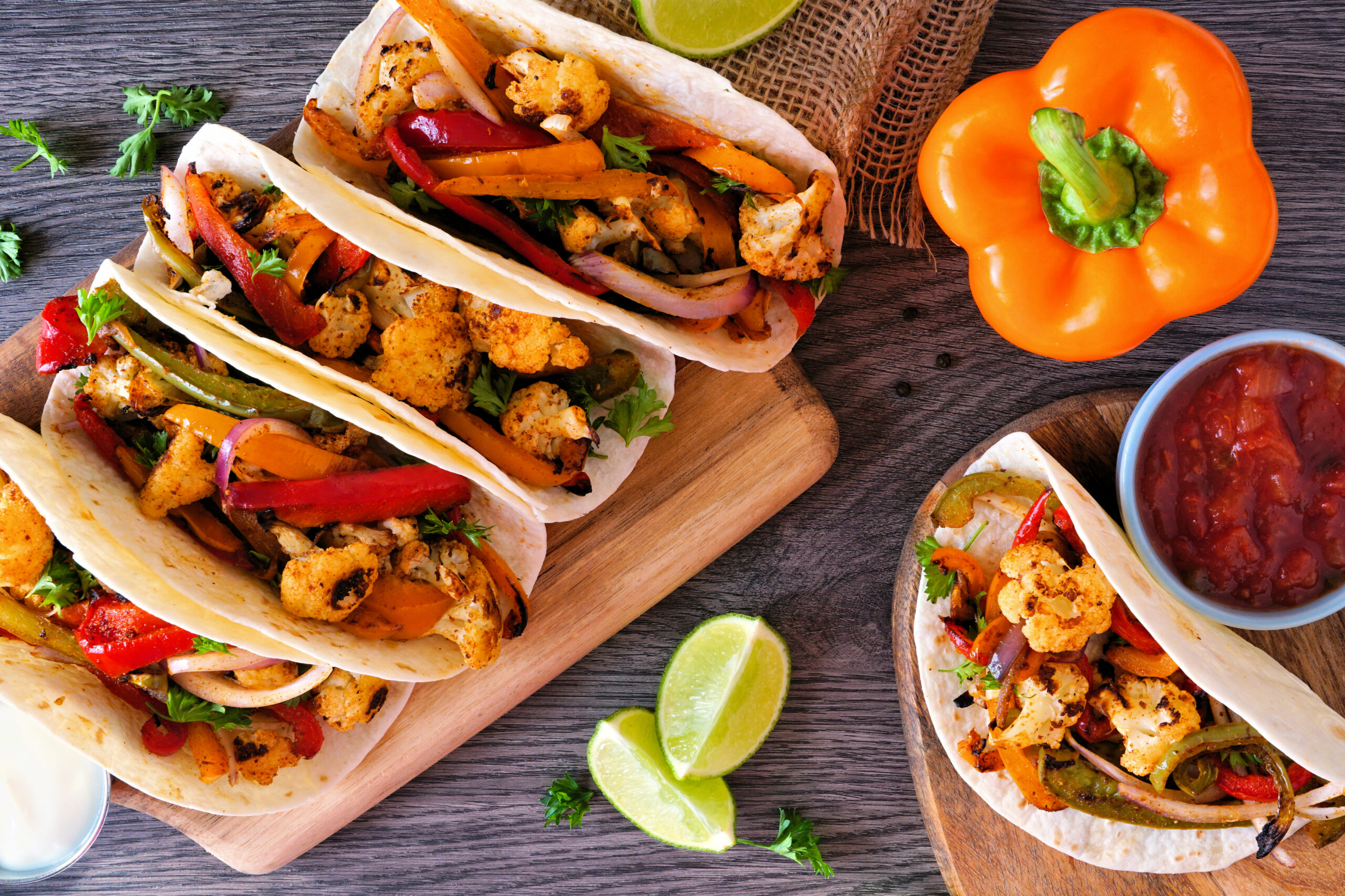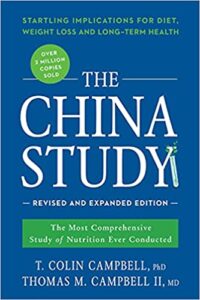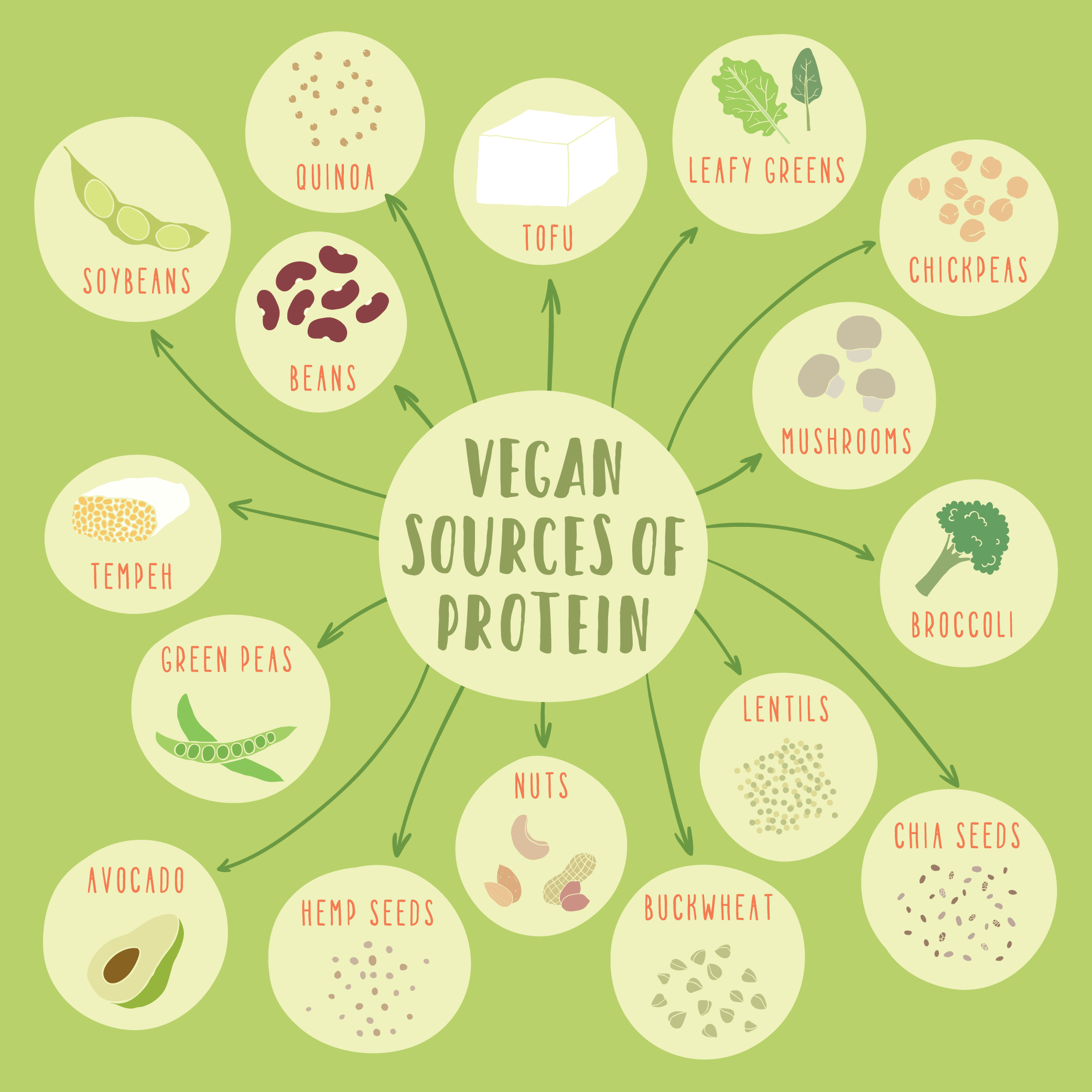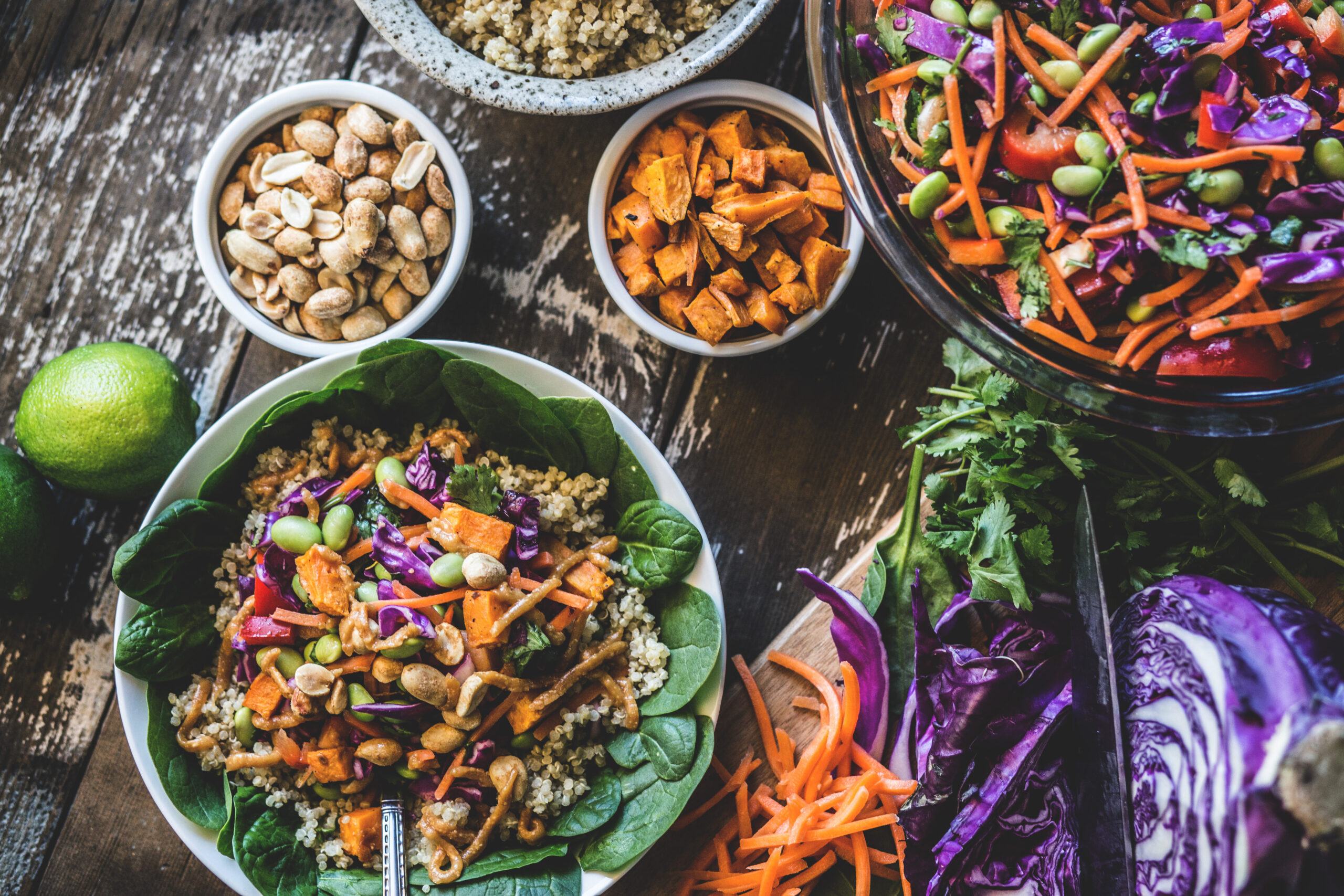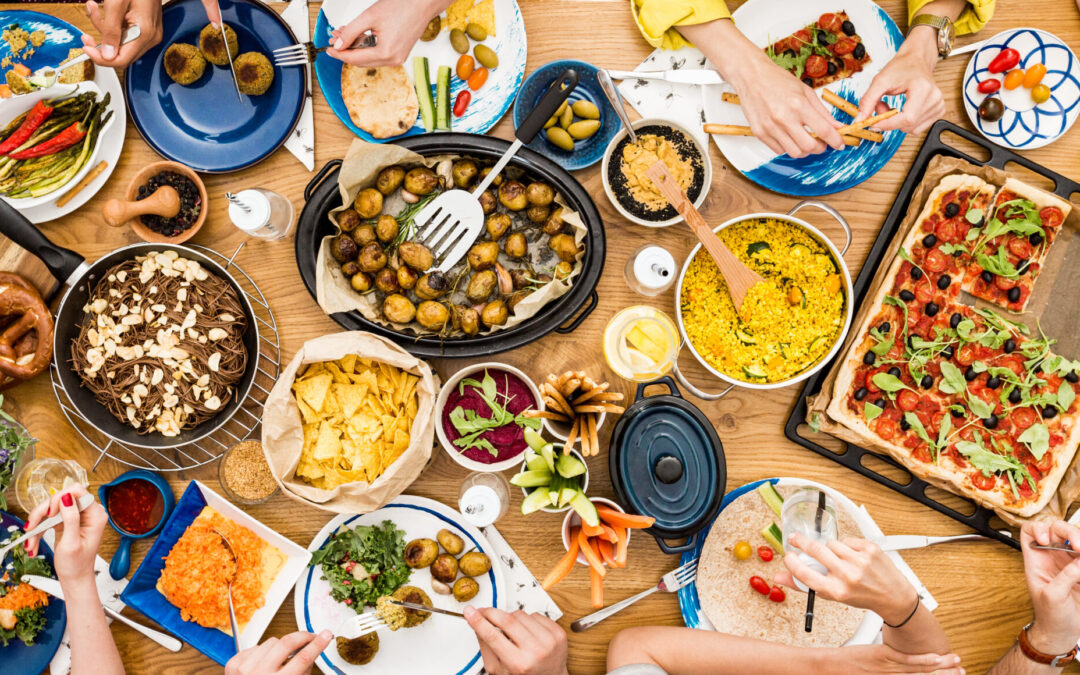
The Importance of Community When Going Plant-based or Vegan
It is normal not to want rock the boat in our social circles. Evolution shows that for survival reasons we experience safety when we stay in our community.
Even when we want to do something that we believe in, if it goes against social norms, we often don’t do it.
We don’t want to feel alone.
Or like an outsider.
This applies to going plant-based or vegan too.
For whatever our reasons, we are ready for the benefits of eating plant-based.
- We’ve heard about the health benefits.
- It breaks our heart that we eat animals (and we usually don’t think about it so that we can eat like we normally do.)
- And we are now aware of the negative impacts of meat consumption on our planet.
Yet, no one else we know is plant based. Our family certainly isn’t, and we can’t imagine what we would feed them if we ate plant-based. Or maybe we’ve tried it once before and it didn’t stick.
How can we possibly make the leap? Sure, we could find a few meals here and there, but every day? And what about gatherings with friends and families? Will we feel ostracized?
Or maybe our friends will be supportive and go out of their way for their “one vegan friend” and then be resentful. Or, gasp, maybe even talk about us behind our back.
It’s easier, at least for social reasons, not to bother.
But we are not Neanderthals anymore. For certain choices, like choosing to eat plant-based or go vegan, we aren’t going to be cast out of society. In fact, it is not only becoming more widely accepted, but there’s a whole vegan community waiting to embrace us with open arms.
When I was still vegetarian (or maybe even pescatarian, I can’t remember), I joined Vegan Toastmasters. It was (and still is) nice to be surrounded by people who share my values. Additionally, there are vegan meetups, and tons of Facebook groups to join.
My favorites are: Plant-based Lifestyle with Sherri Goodman Graham for healthy plant-based eating and the polar opposite Fata** Vegans are Awesome which is a vegan food porn page. It’s just a lot of fun watching people discover vegan foods that are fun to eat. There’s nothing healthy about that page, but people aren’t eating animals and it’s hilarious.
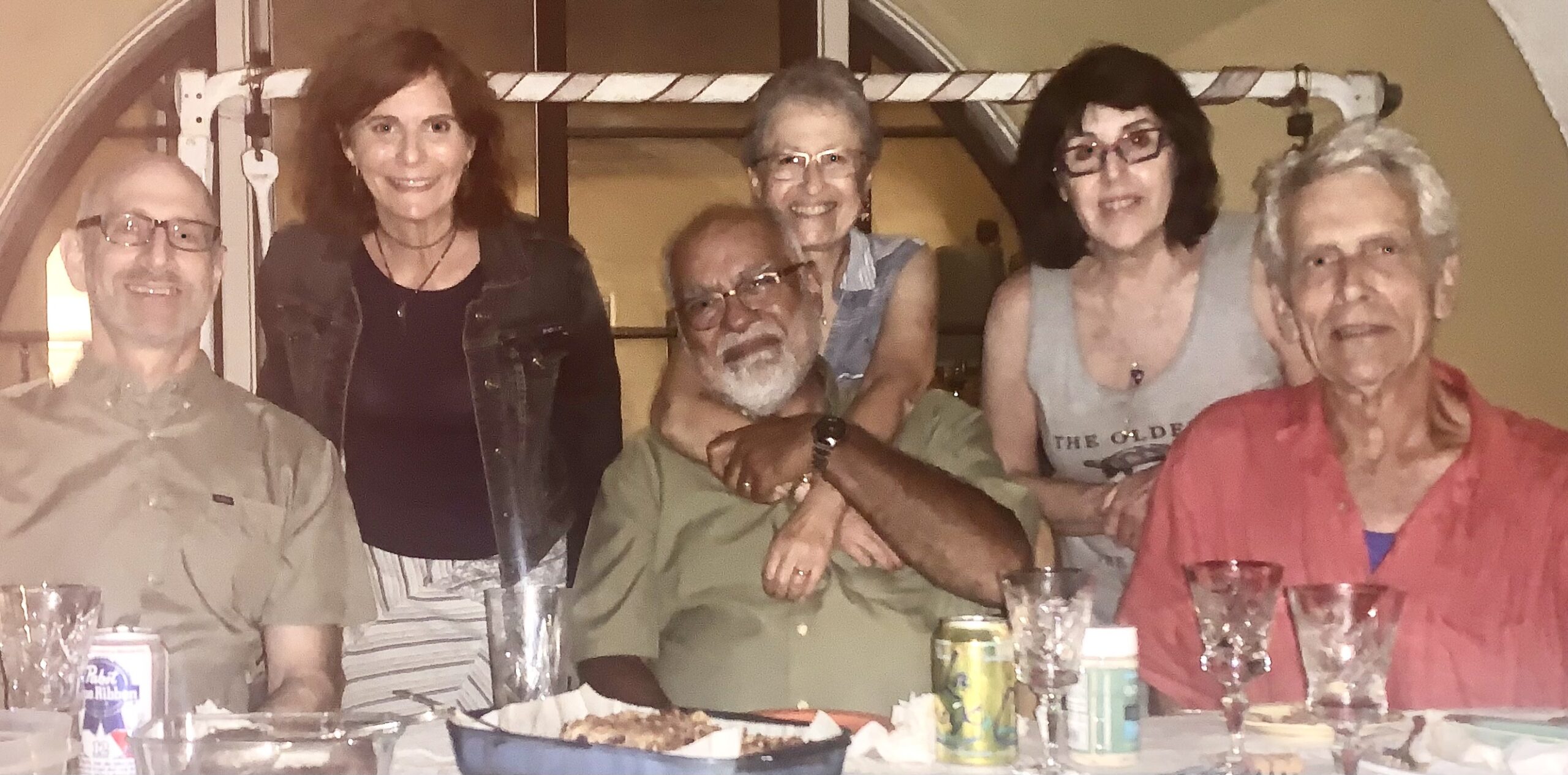
Dinner with some of my Vegan Toastmasters friends.
Oh, and of course, we have our own Facebook group at What’s Plant-Based Cooking Good Looking?.
I follow a few interesting Instagram accounts too and a bunch of animal sanctuaries like Rowdy Girl, Animal Place, Odd Man Inn, and others. I love watching farm animals live their best lives and supporting the amazing people that care for them.
And the longer I’m vegan, the more people I meet who are too. Plus, at this point, most of my friends and family are super supportive (even if they do whisper behind my back. I don’t care- I know I’m doing the right thing on every level. And what other people think of me is none of my business anyway).
Until you find your community, having even one person in your corner is helpful. As a coach, I help with the nuts and bolts of taking my clients step-by-step toward a plant-based lifestyle. And I’m there to be an ally. If you are ready to take the next step and can use some support or more community, feel free to reach out.
